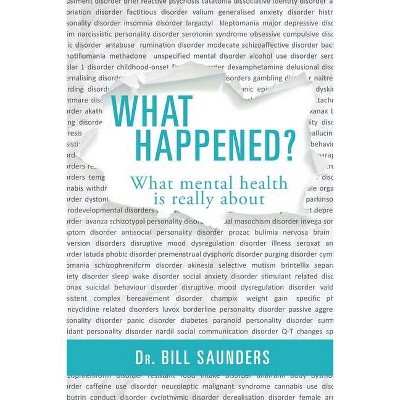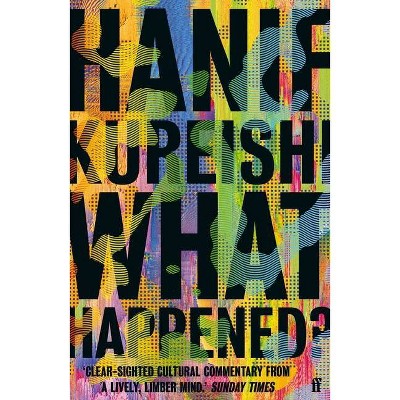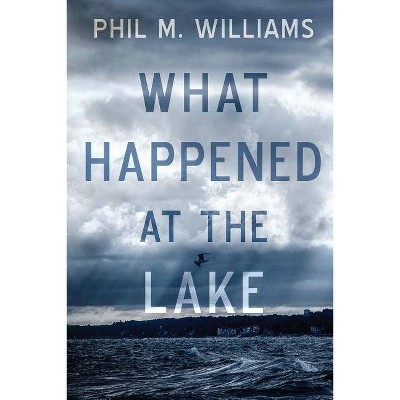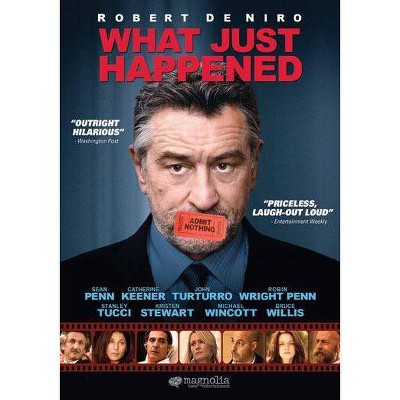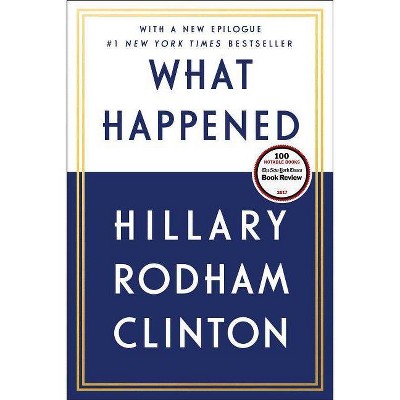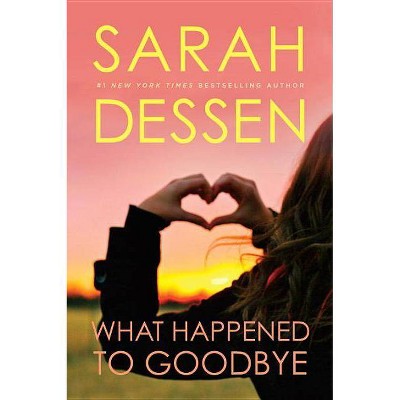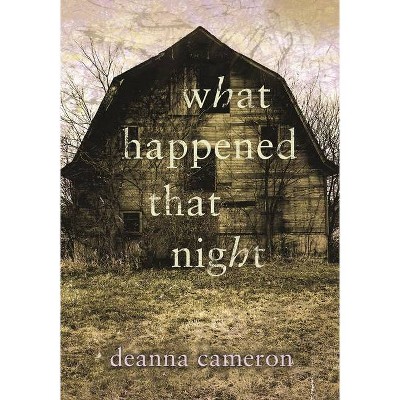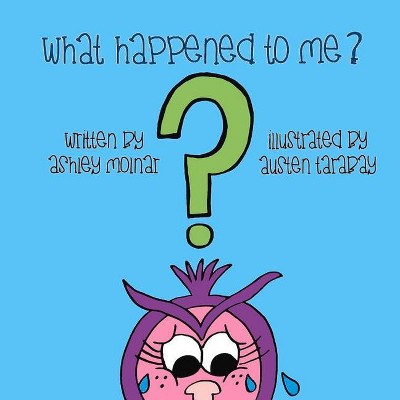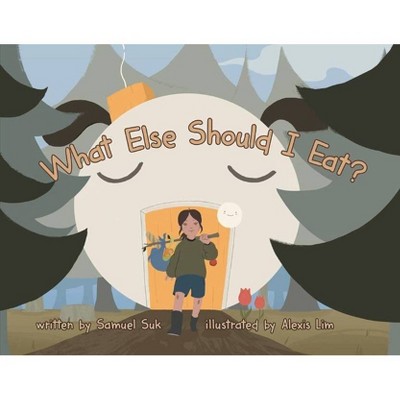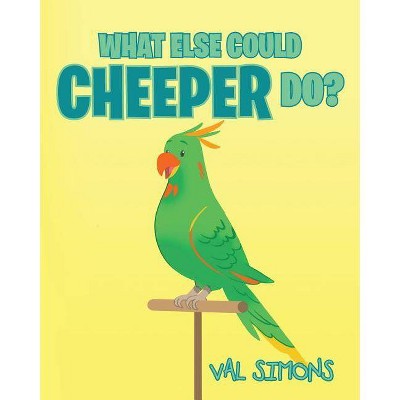Born in 1948? What else happened? - (Born in 19xx? What Else Happened?) 3rd Edition by Ron Williams (Paperback)
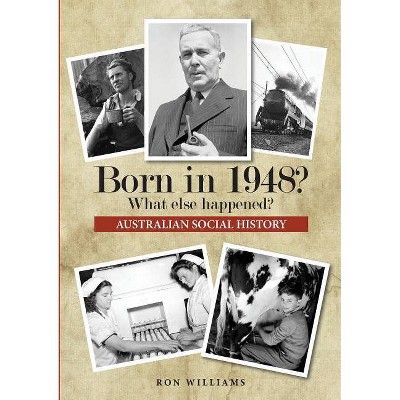
Similar Products
Products of same category from the store
AllProduct info
<p/><br></br><p><b> About the Book </b></p></br></br>This is the 10th in a series of 30 books about the Social History of Australia from the year 1939 to 1968. Author Ron Williams got much of his materialfrom reading the Sydney Morning Herald and the Age/ Argus every day for the given year, and then picking out best stories, arguments and ideas, as well as the trivia.<p/><br></br><p><b> Book Synopsis </b></p></br></br><p>ABOUT THESE SERIES ....But after that, I realised that I knew very little about these parents of mine. They had been born about the start of the Twentieth Century, and they died in 1970 and 1980. For their last 50 years, I was old enough to speak with a bit of sense.</p><p>I could have talked to them a lot about their lives. I could have found out about the times they lived in. But I did not. I know almost nothing about them really. Their courtship? Working in the pits? The Lock-out in the Depression? Losing their second child? Being dusted as a miner? The shootings at Rothbury? My uncles killed in the War? Love on the dole? There were hundreds, thousands of questions that I would now like to ask them. But, alas, I can't. It's too late.</p><p>Thus, prompted by my guilt, I resolved to write these books. They describe happenings that affected people, real people. The whole series is, to coin a modern phrase, designed to push your buttons, to make you remember and wonder at things forgotten. The books might just let nostalgia see the light of day, so that oldies and youngies will talk about the past and re-discover a heritage otherwise forgotten. Hopefully, they will spark discussions between generations, and foster the asking and answering of questions that should not remain unanswered.</p><p/><br></br><p><b> Review Quotes </b></p></br></br><br><p><strong>Oma Lynch, </strong> Speers Point.....Some history writers make the mistake of trying to boost their authority by including graphs and charts all over the place. You on the other hand get a much better effect by saying things like "he made a pile". Or "every one worked hours longer that they should have, and felt like death warmed up at the end of the shift." I have seen other writers waste two pages of statistics painting the same picture as you did in a few words....</p><p><strong>Barry Marr, </strong> Adelaide....you know that I am being facetious when I say that I wish the war had gone on for years longer so that you would have written more books about it...</p><p><strong>Edna College, </strong>Auburn.... A few times I stopped and sobbed as you brought memories of the postman delivering letters, and the dread that ordinary people felt as he neared. How you captured those feelings yet kept your coverage from becoming maudlin or bogged down is a wonder to me....</p><p><strong>Betty Kelly.</strong> Every time you seem to be getting serious you throw in a phrase or memory that lightens up the mood. In particular, in the war when you were describing the terrible carnage of Russian troops, you ended with a ten line description of how aggrieved you felt and ended it with "apart from that, things are pretty good here". For me, it turned the unbearable into the bearable, and I went from feeling morbid and angry back to a normal human being....</p><p><strong>Alan Davey, </strong>Brisbane....I particularly liked the light-hearted way you described the scenes at the airports as the American high-flying entertainers flew in. I had always seen the crowd behaviour as disgraceful, but your light-hearted description of it made me realise it was in fact harmless and just good fun....</p><br>
Price History
Price Archive shows prices from various stores, lets you see history and find the cheapest. There is no actual sale on the website. For all support, inquiry and suggestion messagescommunication@pricearchive.us
